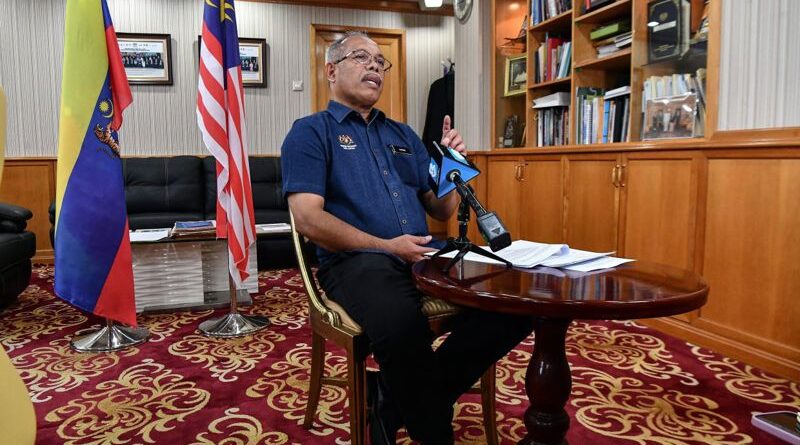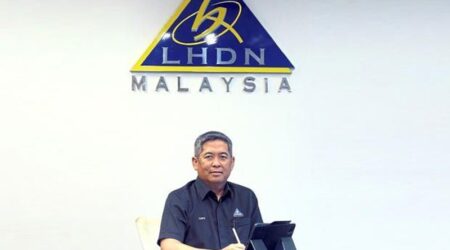Embrace Rukun Negara for stronger unity, National Archives DG urges
KUALA LUMPUR: Every segment of society needs to embrace the five principles contained in the Rukun Negara (national tenets) to foster stronger unity within the country’s diverse community, says Datuk Jaafar Sidek Abdul Rahman (pic).
The National Archives of Malaysia director-general noted that some members of the public merely recite the Rukun Negara pledge without fully understanding or internalising its principles in their daily lives.
ALSO READ: ‘Respect, acceptance core values in M’sia’
He cited, for instance, the controversy surrounding the use of the term “liberal” in the first part of the Rukun Negara, which is often associated with negative connotations.
“When we talk about liberal (in the Rukun Negara principles), today’s society often associates it with Western liberal movements such as lesbian, gay, bisexual, and transgender (LGBT) issues. However, liberal here does not mean those kinds of liberalism.
“Liberal refers to cultural aspects because our country is a multi-racial society with various approaches and cultures that need to be respected.
“Liberal here means being tolerant and understanding, helping to avoid conflicts and misunderstandings within the community,” he said in an exclusive interview with Bernama recently.
ALSO READ: Foster unity by setting up Rukun Negara Club, Aaron Ago urges higher education institutes
Jaafar Sidek highlighted that the final component of the first part of the Rukun Negara, which aims to build a progressive society that embraces modern science and technology, reflects the nation’s aspiration to develop a society that advances in science while upholding divine values.
He emphasised that each part of the Rukun Negara is inclusive and remains relevant today, even though the national ideology was formulated in the 1970s.
Therefore, the public needs to recognise the importance of understanding the national philosophy and the history behind these principles.
“Researchers have come to study these materials when we publicise and promote them, and some of these materials are also accessible online.
“The details of the first and second parts of the Rukun Negara, including the committees involved in its development, are documented in the Rukun Negara Book for better understanding,” he said.
ALSO READ: Reviving the spirit of Rukun Negara
To date, the National Archives has 126 materials related to the Rukun Negara, including files, audiovisual records, newspapers and magazines, speeches, publications, and other documents that are available for public access for research purposes.
As part of the effort to foster understanding of the Rukun Negara, Jaafar Sidek said the National Archives also published a book titled “50 Fakta Rukun Negara” to commemorate the 50th anniversary of the national ideology in 2020.
Jaafar Sidek added that the content of this e-book was internally curated and considered the views of academic figures to ensure the public understands that the Rukun Negara is based on specific facts and not arbitrarily created.
ALSO READ: Appreciate our differences, don’t just ‘tolerate’ it, says Anwar
Additionally, he noted that the National Archives, as an agency under the National Unity Ministry, has reprinted the Rukun Negara book and established collaborations with the Rukun Tetangga (KRT) community and other ministries, including the Education Ministry.
This initiative aims to enhance students’ and the public’s understanding of the national philosophy, enabling them to appreciate and observe these principles to foster tolerance among different ethnic groups.
Jaafar Sidek added that a comprehensive appreciation of the Rukun Negara could also address the sentiments of the 3R issues (race, religion, and royalty) often exploited by irresponsible parties.
“The Rukun Negara encompasses the principles of the Rule of Law as well as Courtesy and Morality. Although these terms may seem brief, if the public truly understands the essence of decency, they would refrain from making comments with harsh language or provocative content,” he explained.
The Rukun Negara, officially declared on Aug 31, 1970, was formulated with the primary goal of fostering stronger unity among the people following the tragic events in the country’s history on May 13, 1969. – Bernama













Leave a Reply